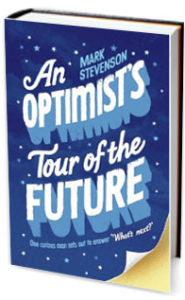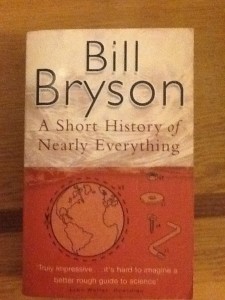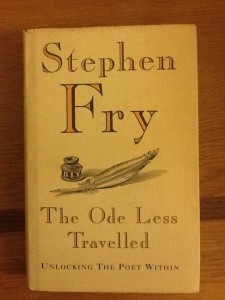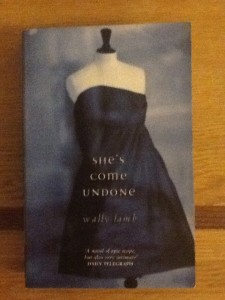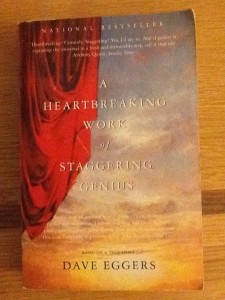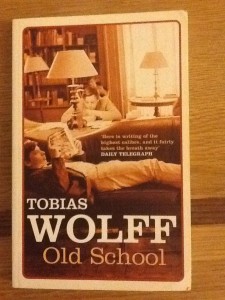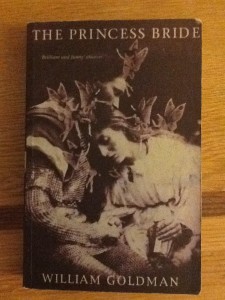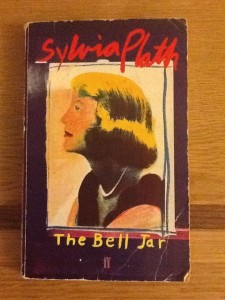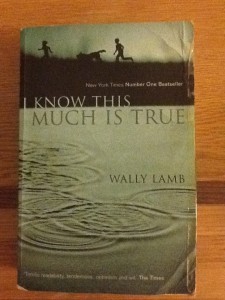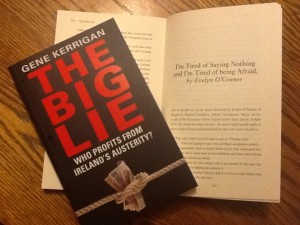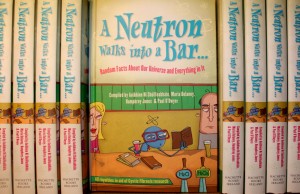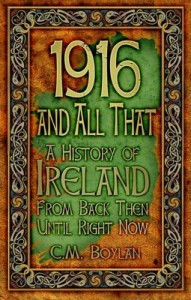
I received an email ages ago, an email I’ve been ignoring because I wasn’t sure how to answer it. The essential question I was asked was how to go about studying English and specifically “imagine if a student had an A1 essay on anything that could possibly come up – how could you prepare for the actual exam?“
My first thought was ‘are you a good writer?’ In the same way that you might ask someone if they are artistic or musical or good at sport. If that seems an unfair question, I apologize for freaking you out, but I do believe having a ‘way with words’ is a talent like any other.
However, if we leave aside the natural ‘writer’ in you, the problem essentially comes down to this. Don’t study and you’re guaranteed to do badly. Learn off essays (in the worst case scenario, ones you haven’t even written yourself) and you might not do much better! It all depends how flexible you’re willing to be in the exam and on whether or not you wrote these ‘A1 standard essays’ to begin with. If you did, then you have become a good writer through practice and have really engaged with the texts on the course. Well done you, you are on course to do well. If you didn’t, you’ve probably been relying too heavily on other people’s opinions without ever bothering to form your own.
The more you focus on pre-prepared answers, the less likely you are to engage with the question which is asked on the day. If you don’t twist what you know to suit the question that comes up, you will do very badly indeed. One example that springs to mind comes from last year’s leaving cert. We – like most teachers & students – had looked in detail at the theme of revenge in Hamlet. The question that appeared was “Revenge and justice are finely balanced themes in the play Hamlet“. In order to answer this question you could draw on your knowledge of the theme of revenge but you also had to be able to discuss the theme of justice – who has suffered injustice, whose job is it to deliver justice in the kingdom, what might true ‘justice’ (rather than simplistic revenge) look like? How could Hamlet achieve justice? Does he need to punish anyone else? (his mother, Ophelia?). Does he punish anyone else unfairly? (Rosencrantz & Guildenstern???) Also, how are these themes of revenge and justice connected? balanced? is it possible to get revenge and achieve justice at the same time? How does Hamlet convince himself that his revenge is in fact some kind of divine justice and that he himself is God’s appointed avenger?
Now imagine for a second that you had prepared an essay on the theme of revenge – in fact you have an ‘A1 standard essay’ learned off. You may be tempted to just write it, in fact you may lapse into some kind of auto-pilot. But your A1 standard essay won’t get you an A1. It might, in fact, only get you a C3, particularly if you have ignored the word ‘justice‘ and the phrase ‘finely balanced‘ or simply thrown them in in a tokenistic way in your introduction and conclusion. What a question like this aims to assess is the difference between the student who will just regurgitate a pre-learned answer (that they may or may not have written themselves) and the student who can think on their feet, can write well under pressure and can prove that they truly understand the play no matter what question is thrown at them. In this instance, convincing yourself that you have an A1 answer ready for ‘every possible question’ that could come up (and to be honest this is simply impossible – there are too many variations in the way that the question can be worded) may in fact become a kind of false security blanket. Because, let’s face it: if doing well in English was that simple, you’d just need a book of revision notes and the ability to rote learn them all off.
On the other hand, blindly avoiding studying English because you don’t know what will be on the exam paper is almost guaranteed to lead to an essay of complete waffle. Not knowing what you want to say AT ALL can lure you into the awful trap of just telling the story. This style of answer will get you a D3. If it’s really bad, you may even fail.
So what is the solution? Bottom line: you need to know, understand and appreciate the texts you have studied. And you need to be a good writer.
Perhaps to ‘study’ English you need to break down each section into ‘possible’ questions, come up with bullet points (including relevant quotes) and if you have time practice writing your answers under exam conditions. But if you do this, in each case respond to a very specific question – find one from a previous exam paper or google it – here’s what I found when I typed ‘Hamlet Sample Questions’ into my search engine. You can do the same for any of the poets…
In the meantime some advice:
- Before you start writing, break the question down into key words or phrases.
- Plan your paragraphs and ensure that you use what you know to respond in every single sentence, and every single paragraph to the question asked.
- Avoid parroting back the question incessantly. But you must connect what you’ve said directly to the question asked. So use synonyms.
- Ensure that you only include information which is relevant to the question asked, irrespective of how much you have to leave out to achieve this. There’s no point showing off what you know if it’s not relevant to the question asked.
In terms of studying, spend time actually thinking about the characters, themes, key moments from your single text, comparative and poetry. Know them really well. When I was doing the Leaving Cert. way back in the day I remember dreaming about W.B.Yeats and King Lear and writing things down when I woke up. Yes, I know this makes me a hopeless nerd. But then I always did love English…Meanwhile, I don’t think I ever dreamt about the life cycle of the liver fluke!
Of course being prepared means you are far more likely to do well than someone who is unprepared. But be willing to improvise, to create, to think in the exam so that you pay attention to the most important thing of all. Answering the question asked.
p.s. Studying for paper one is a whole other kettle of fish – for my opinions on what you might do to prepare for QB and the essay see this blog post.
p.p.s. Comprehensions are something you get good at through practice. I intend to write a whole other post on this. Eventually. So watch this space. But not too closely; I can’t handle the pressure…
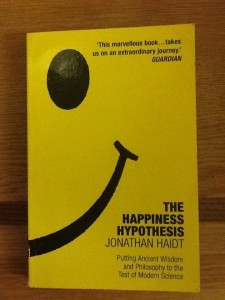 Searching for the meaning of life? Try “The Happiness Hypothesis” by Jonathan Haidt.
Searching for the meaning of life? Try “The Happiness Hypothesis” by Jonathan Haidt.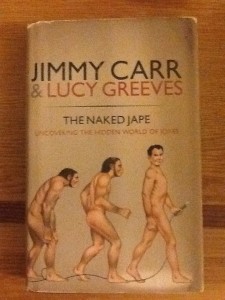 except I’m not really that funny so instead I semi-stalk them in print hoping some of their funny will rub off on me (wow, that sounds weird when I read it back…). Two of my faves are “The Naked Jape” by Jimmy Carr and Tina Fey’s autobiography.
except I’m not really that funny so instead I semi-stalk them in print hoping some of their funny will rub off on me (wow, that sounds weird when I read it back…). Two of my faves are “The Naked Jape” by Jimmy Carr and Tina Fey’s autobiography.
